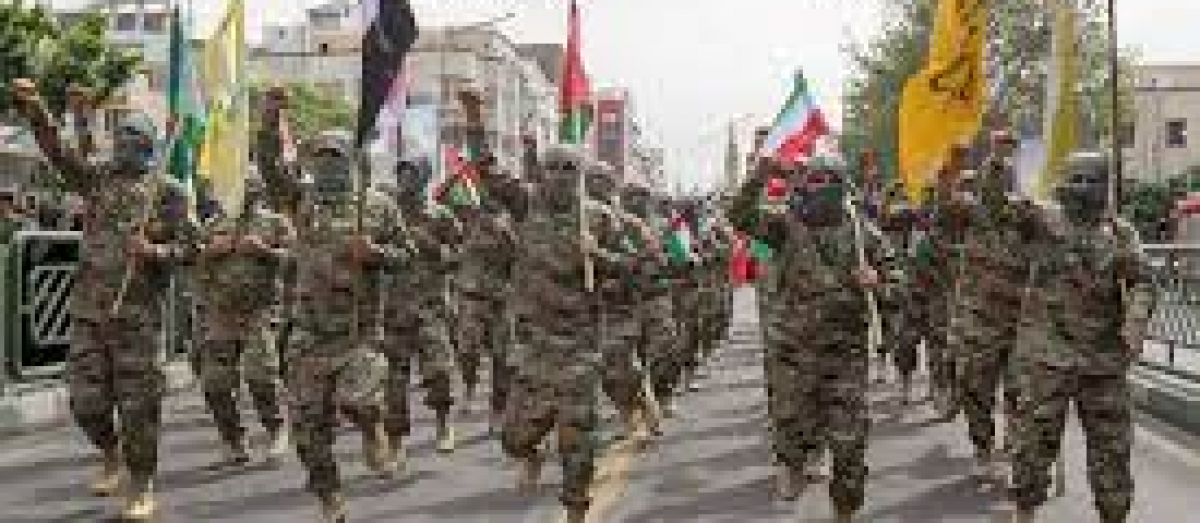The Houthi rebel forces are a formidable group within Yemen, having managed to take control of the capital, Sanaa, in 2014, and to withstand the subsequent military intervention led by Saudi Arabia and its allies. The Houthis have demonstrated resilience and resourcefulness despite a coalition’s blockade and the intense military campaign against them.
Strength and Capabilities of the Houthis
The exact number of Houthi fighters is difficult to ascertain, but estimates suggest they could range from tens of thousands to potentially over a hundred thousand when including local tribal fighters allied with them. They have shown a capacity to utilize a range of military tactics, from guerrilla warfare to conventional fighting, leveraging the rugged terrain to their advantage.
The Houthis have also developed drone and missile capabilities, which they have used to strike deep into Saudi Arabian territory and, as recently claimed, towards Israel. Their arsenal includes short-range ballistic missiles, sea mines, and unmanned aerial vehicles (UAVs), some of which are said to be variants of Iranian designs.

Challenges of a Two-Front Conflict
However, engaging in a two-front conflict—continuing their fight in Yemen while opening a new front against Israel—would stretch the Houthi resources and military considerably. Here are some scenarios to consider if the Houthis divert resources to also engage Israel:
- Weakened Front in Yemen: Diverting forces and resources to a new front could weaken the Houthi position in Yemen. The Yemeni government forces and the Saudi-led coalition might exploit this opportunity to regain lost territory or strike pivotal Houthi strongholds.
- International Intervention: Attacks against Israel could trigger a more robust international response, potentially leading to increased military aid for the Yemeni government or direct intervention by Israel, further complicating the Houthis’ strategic position.
- Internal Strain: A shift to engage Israel might not sit well with all Houthi supporters or allied tribes, who may see the priority as defending and consolidating gains within Yemen rather than embarking on a more ideological and less pragmatic venture.
- Humanitarian Impact: Any escalation of the conflict, especially if it attracts more international involvement, could worsen the already dire humanitarian situation in Yemen, potentially leading to more civilian casualties and displacement.
- Economic Toll: Increased conflict would likely result in further damage to Yemen’s infrastructure and economy, which are already in shambles, exacerbating the cost of war for civilians and fighters alike.
In reality, while the Houthis have shown the ability to strike regions far from their base of power, engaging in a sustained conflict against Israel, in addition to their ongoing fight in Yemen, would represent a significant escalation and could overextend their capabilities. Such a move would likely shift the regional dynamics and could invite harsher responses from a new set of adversaries, altering the course of both the Yemeni conflict and broader Middle Eastern geopolitics.




